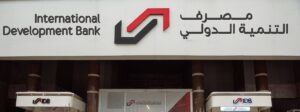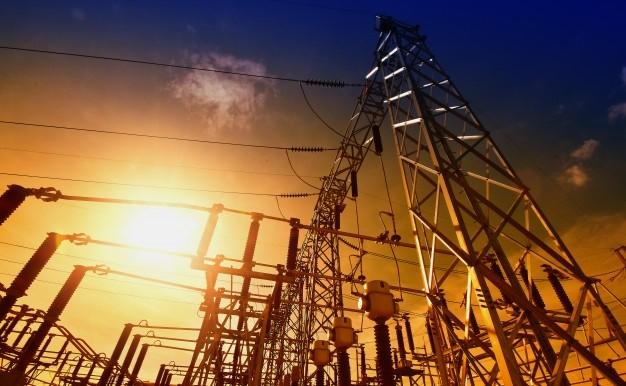The world bank Board of Directors approved $300 million in International Development Association (IDA) credits and grants to support reforms that will help promote electricity trade in West Africa.
Currently, only 50 per cent of the population in West Africa have access to electricity, and those who do, pay among the highest prices in the world which is more than double those of consumers in East Africa. The West Africa Regional Energy Trade Development Policy Financing Program (West Africa Energy PDF) seeks to do away with electricity trade barriers, which will support the competitiveness of firms, lower electricity costs for consumers and improve resilience and reliability of supply.
The West Africa Energy PDF supports a policy reform program being implemented by Burkina Faso, Liberia, Mali, Côte d’Ivoire, Guinea and Sierra Leone, to facilitate trade in cleaner low-cost electricity generated from gas, hydropower and renewable energy across borders. This is going to replace the more expensive electricity generated from inefficient small-scale oil-fired and diesel generation and improve the reliability of electricity services.
“West Africa has huge potential for clean and green energy generation, which countries can unlock and pool together to bring lower-cost electricity to communities and help create jobs,” said Ousmane Diagana, the World Bank Vice-President for Western and Central Africa.
“The West Africa Power Pool has done the fundamental work of interconnecting national grids, and it is now time to realize the full strength of the regional power market. Coordinated policies paired with effective institutions and regulatory frameworks will help improve trust in the electricity trade and usher in a new era of affordable and reliable energy in West Africa.”
The new operation supports a regional energy reform program set out in three pillars, with the first one aiming to increase confidence in the enforcement of commercial arrangements through supporting payments and enforcement mechanisms relating to energy trade. While the second one seeks to support the implementation of least-cost investment decisions that consider regional options and that promote competition. The third seeks to supports transparency, by addressing creditworthiness of national power utilities and keeping the market informed on important investment decisions that affect demand and supply.
The economic benefits of the regional power market are evaluated at $665 million per year with a reduction of one third in the average cost of electricity generation across the ECOWAS region.




